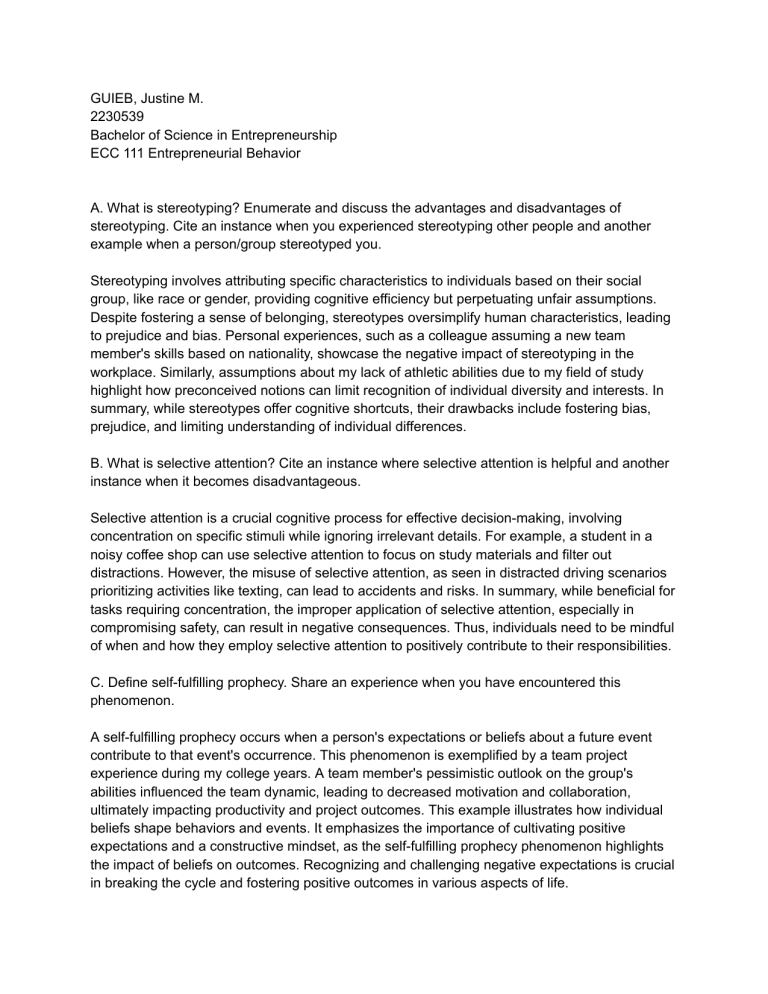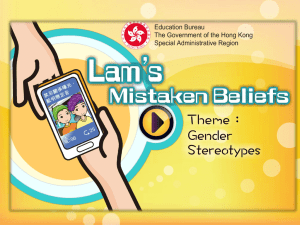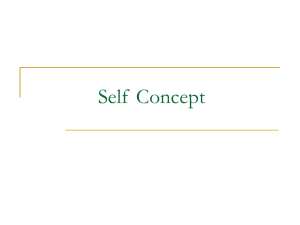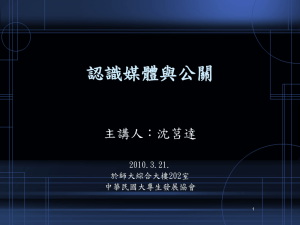
GUIEB, Justine M. 2230539 Bachelor of Science in Entrepreneurship ECC 111 Entrepreneurial Behavior A. What is stereotyping? Enumerate and discuss the advantages and disadvantages of stereotyping. Cite an instance when you experienced stereotyping other people and another example when a person/group stereotyped you. Stereotyping involves attributing specific characteristics to individuals based on their social group, like race or gender, providing cognitive efficiency but perpetuating unfair assumptions. Despite fostering a sense of belonging, stereotypes oversimplify human characteristics, leading to prejudice and bias. Personal experiences, such as a colleague assuming a new team member's skills based on nationality, showcase the negative impact of stereotyping in the workplace. Similarly, assumptions about my lack of athletic abilities due to my field of study highlight how preconceived notions can limit recognition of individual diversity and interests. In summary, while stereotypes offer cognitive shortcuts, their drawbacks include fostering bias, prejudice, and limiting understanding of individual differences. B. What is selective attention? Cite an instance where selective attention is helpful and another instance when it becomes disadvantageous. Selective attention is a crucial cognitive process for effective decision-making, involving concentration on specific stimuli while ignoring irrelevant details. For example, a student in a noisy coffee shop can use selective attention to focus on study materials and filter out distractions. However, the misuse of selective attention, as seen in distracted driving scenarios prioritizing activities like texting, can lead to accidents and risks. In summary, while beneficial for tasks requiring concentration, the improper application of selective attention, especially in compromising safety, can result in negative consequences. Thus, individuals need to be mindful of when and how they employ selective attention to positively contribute to their responsibilities. C. Define self-fulfilling prophecy. Share an experience when you have encountered this phenomenon. A self-fulfilling prophecy occurs when a person's expectations or beliefs about a future event contribute to that event's occurrence. This phenomenon is exemplified by a team project experience during my college years. A team member's pessimistic outlook on the group's abilities influenced the team dynamic, leading to decreased motivation and collaboration, ultimately impacting productivity and project outcomes. This example illustrates how individual beliefs shape behaviors and events. It emphasizes the importance of cultivating positive expectations and a constructive mindset, as the self-fulfilling prophecy phenomenon highlights the impact of beliefs on outcomes. Recognizing and challenging negative expectations is crucial in breaking the cycle and fostering positive outcomes in various aspects of life.


